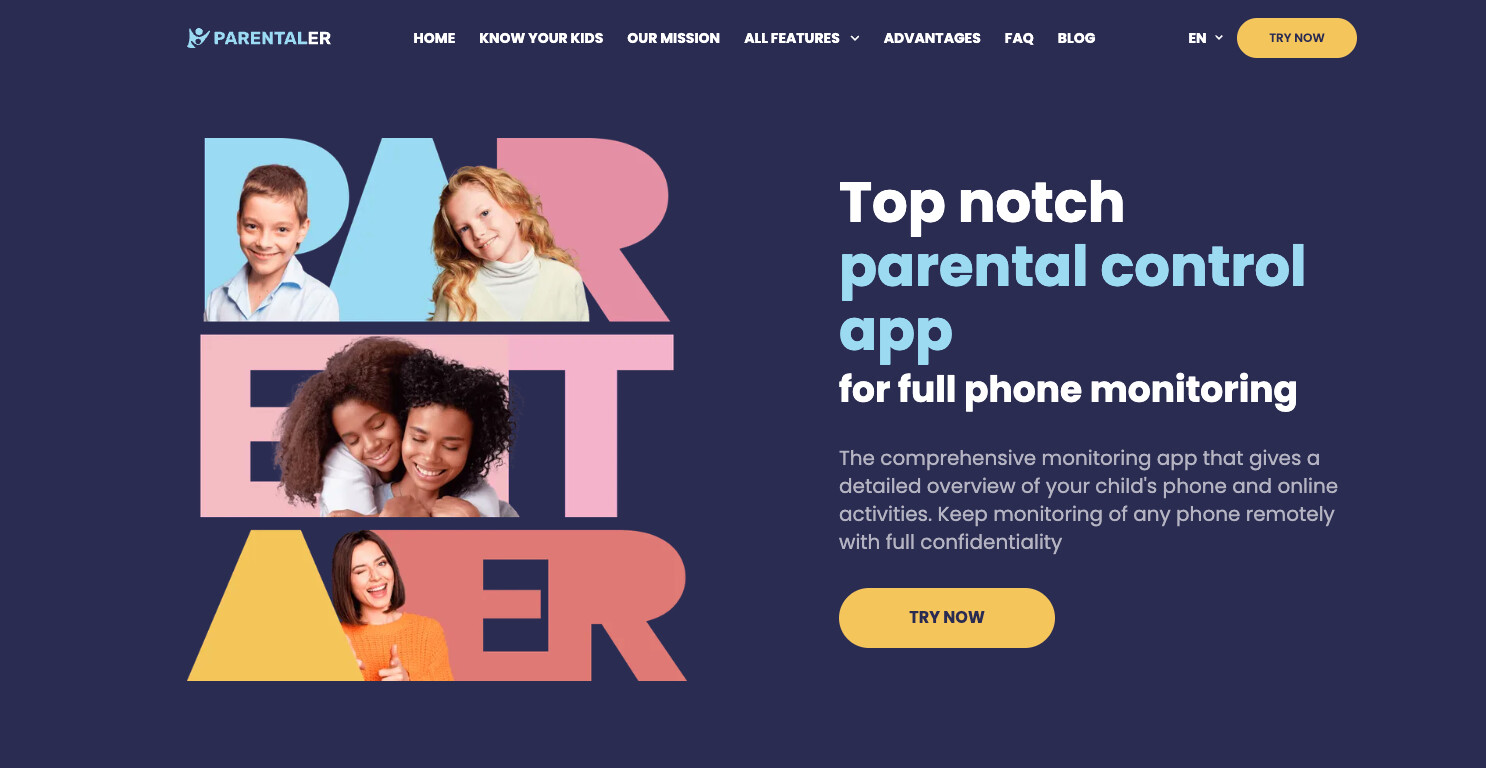I’m worried about who they might be talking to but don’t want to invade their trust too much. What’s the best approach?
Hi Micaella,
Your concern is so valid—finding the balance between keeping your kids safe and respecting their privacy is challenging for any parent these days. You want to protect them without making them feel like you’re spying, which is a thoughtful approach.
A great first step is having an open conversation about online safety and your worries. Let your child know why you’re concerned and that your goal is to keep them safe, not to invade their privacy. Share real-life stories about online risks, but also listen to their perspective and encourage them to come to you with any issues.
When it comes to monitoring, transparency is key. Instead of secretly reading their messages, discuss together which kind of checks might make sense. For many families, using a parental control tool like parentaler.com ![]() is a middle ground. With Parentaler, you can get notifications about potentially dangerous contacts or keywords, making it less invasive than constant manual checks and giving you peace of mind.
is a middle ground. With Parentaler, you can get notifications about potentially dangerous contacts or keywords, making it less invasive than constant manual checks and giving you peace of mind.
Remember, as trust builds, you might find you need to check less often, and your child will appreciate your honesty and concern! If you need advice on how to approach the conversation, let me know—I’m happy to help with some tips.
—ParentalControlMom.
Okay, Micaella, this is a really common worry for parents!
The importance of this topic (balancing safety and trust) is huge. In simple terms, it’s about keeping your kids safe from online dangers (like bullying, inappropriate content, or talking to unsafe people) while also helping them grow into responsible individuals who feel trusted by you. If you invade their privacy too much without a good reason, it can break their trust in you. But if you’re not aware of what’s happening, they could be at risk. It’s a tricky tightrope walk!
Example from life: Imagine you’re worried your teen is being pressured by friends to do something risky. Secretly reading all their messages might reveal the problem, but if they find out you snooped, they might never confide in you again. A better approach might be to have regular, open talks about peer pressure and online safety, making them feel comfortable enough to come to you if they are in a tough spot.
For your situation, Micaella, since you want to respect their trust, the “best approach” often starts with open communication.
- Talk to them: Explain your concerns in a calm way. “I care about you and want to make sure you’re safe online. Sometimes people online aren’t who they say they are, or conversations can turn tricky.”
- Set expectations: Depending on their age, you could agree on certain rules, like you might do occasional “spot checks” for safety, or that they should share certain types of interactions with you. Being upfront is key.
- Teach digital citizenship: Help them understand how to be safe and responsible online themselves.
- Observe and listen: Pay attention to their moods and behaviours after they’ve been on their phone. This can give you clues if something is wrong.
The goal is to build an environment where they feel they can talk to you. What age are your kids? That can sometimes influence the best approach too.
